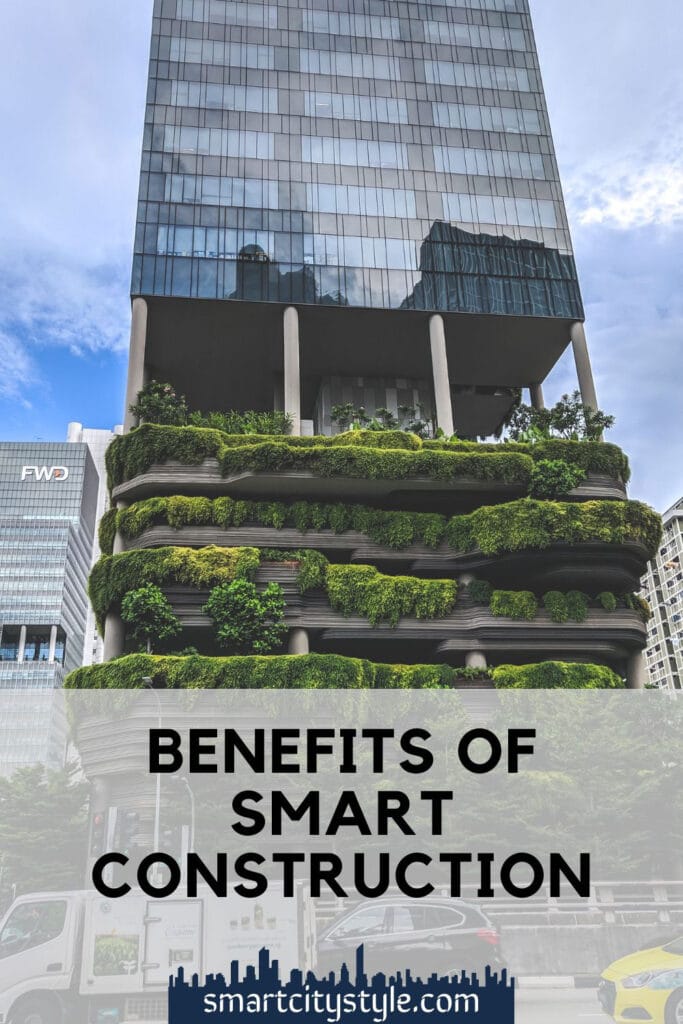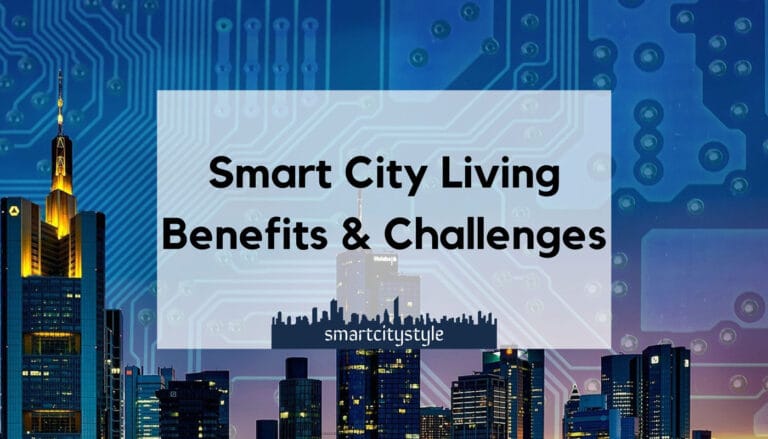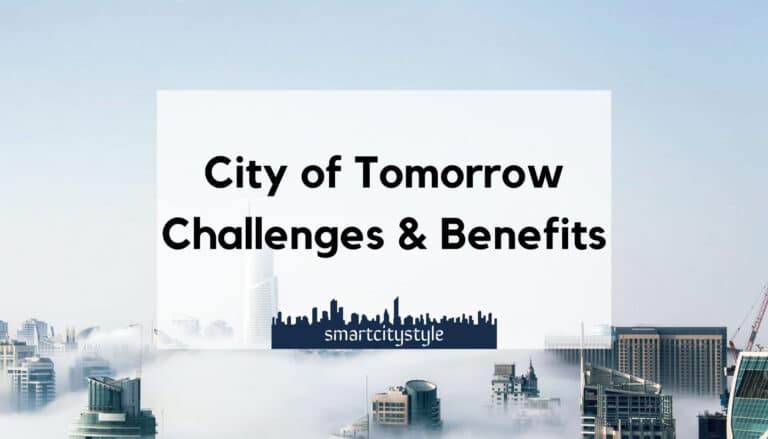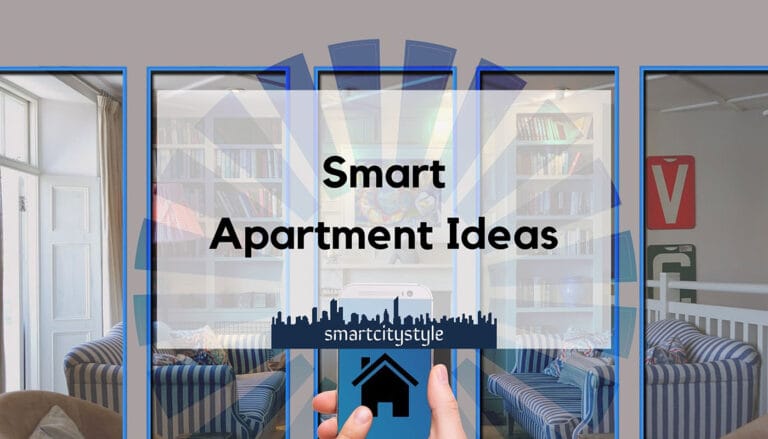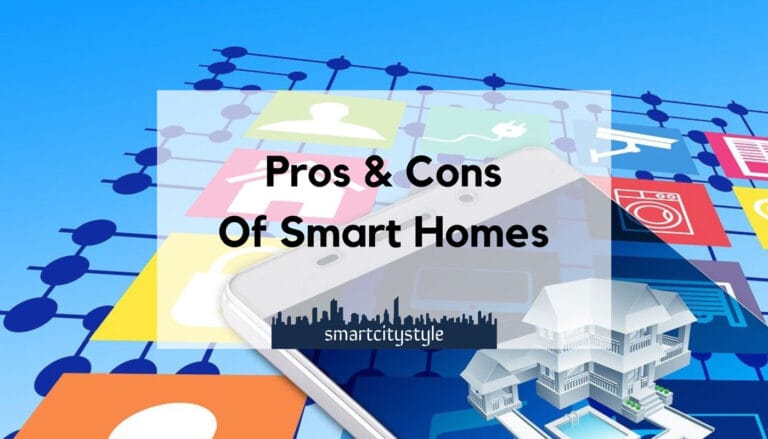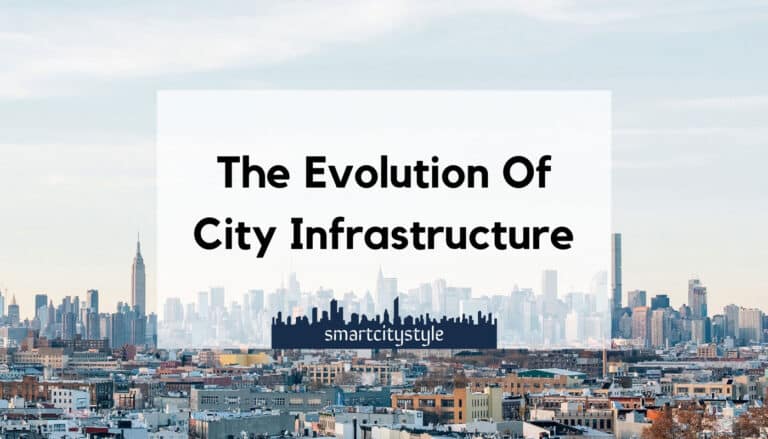Smart Construction – The Key to Building the Cities of the Future
Although often likened to SMART technology, smart construction isn’t quite the same thing, although it is very easy to interchange the two. The SMART in SMART technologies” is an acronym standing for Self-Monitoring Analysis and Reporting Technology.
Smart construction uses technology and encompasses more than just the gadgets and techniques that have come along with the Internet of Things (IoT) and artificial intelligence.
What is smart construction, and how can it help build future cities?
What Is Smart Construction?
Loosely defined, smart construction is a construction process that employs various industrialized manufacturing techniques and digital technologies in building and construction design to improve productivity, minimize the whole-life cost of the construction project, and improve sustainability while maximizing benefits for the users.
The merging of industrialized manufacturing and digital technologies isn’t a new concept, but it’s certainly something contractors use to increase sustainability in the industry.
The most common digital technologies include Construction Management Software and Building Information Modeling (BIM). With technologies such as BIM, architects and engineers can develop innovative ways to build more efficient homes and commercial buildings.
That’s because BIM can create 3D models using data associated with physical and functional characteristics.
Here’s a video telling you more about how BIM works and how it can be of good use in the construction sector.
This, combined with other technologies such as augmented reality, drones, and smart contracts, makes the manufacturing and construction processes more precise. Which, in turn, limits waste and minimizes delays.
Benefits of Smart Construction
The merging of construction and technology offers numerous benefits to the construction industry. These benefits include:
Reduced Costs
One of the primary benefits of smart construction is cost savings. With smart technologies like Building Information Modeling (BIM), project managers can detect errors earlier in the construction process, reducing the wastage of time and construction materials that are deemed unnecessary.

In addition, BIM enhances resource allocation by providing accurate data that supports decision-making. Smart construction results in significant cost savings and improved efficiency.
Safety
Safety is paramount in any construction project, and smart construction technologies enhance safety in several ways. For instance, the use of robots and drones reduces the risk of injuries and fatalities to construction workers or construction professionals during project execution.

Also, BIM and Virtual Reality (VR) technologies create 3D models of the entire project; they allow project managers to identify potential hazards well in advance, eliminating obvious risks before the project even starts.
Faster Project Delivery
It’s all about efficiency. With pressure to deliver projects within tight schedules increasing, smart construction technologies offer fast solutions to projects that are time-critical.
Prefabrication, 3D printing, and modular construction provide faster solutions compared to traditional construction methods. In addition, with the use of BIM, project managers can identify possible bottlenecks and delays in the project schedule, allowing them to develop appropriate mitigation measures.
Improved Techniques
Using technologically enhanced manufacturing techniques, construction companies can offer more accurate estimates to their clients while cutting costs and improving their project delivery times, as mentioned above.
You can achieve this through improved manufacturing techniques like off-site prefabrication. This means that most construction materials are made off-site using specialized machines.
This, in turn, means that the cuts will be exactly as designed, minimizing material wastage and allowing the construction company to offer their client a more accurate estimate on the Bill of Materials (BOM).
Better Quality
Quality is essential in all construction projects, and smart construction technologies enhance quality by providing detailed and accurate data. For instance, BIM allows designers and engineers to create virtual models and simulations of the final product before the first truck of concrete is poured.
This helps to identify errors and allows for necessary changes before the construction phase. Furthermore, using smart applications or smart construction equipment such as drones, lasers, and sensors provides real-time data on the quality of construction, which supports timely adjustments and ensures high-quality output.
Sustainability
Sustainability is an issue in future city development. Smart construction technologies offer sustainable solutions that reduce environmental impacts. For example, using green building materials, low-energy lighting systems that ensure energy efficiency, and water-saving fixtures reduces a building’s carbon footprint.

It is important to understand that smart construction technologies can ultimately reduce waste, conserve energy, and lower greenhouse gas emissions. And this all goes toward helping create environmentally friendly cities of the future.
Challenges of Smart Construction
We can’t forget that technological advancements will come with their own challenges. Despite the numerous benefits of smart construction, there are some challenges that this kind of digital transformation brings, and these must be addressed. These challenges include:
High Initial Costs
Because smart construction calls for the use of smart construction solutions and smart equipment, it requires a heavy initial investment in technology and the training of construction personnel.
Smart construction can prove to be costly in terms of time and money. The investment can be problematic for smaller construction companies. This initial cost can be a significant barrier to entry for smaller construction firms, leading to uneven competition in the sector.
Limited Skilled Workers
To use smart construction technology, you need skilled laborers to operate and manage the equipment. This is two-fold because there is also a shortage of workers with the necessary skills to handle the new technologies used in smart construction. This gap in skills poses a challenge to the adoption of smart construction.

Cybersecurity Risks
Smart construction technologies rely heavily on software and cloud computing services. This exposes construction projects to cybersecurity risks such as hacking, identity theft, and cyber espionage. Data security and privacy are essential in smart construction to avoid the loss of sensitive information.

Legal and Regulatory Frameworks
Smart construction technologies often lack legal and regulatory frameworks. This results in confusion and ambiguity in standards and certifications, impacting the implementation of the technologies. Governments need to develop appropriate regulations and legal frameworks to support the growth of smart construction.
The benefits of smart construction technologies, including cost savings, improved safety, faster project delivery, superior quality, and sustainability, make it an attractive option for infrastructure development.
Nonetheless, some challenges need to be addressed, including high initial costs, limited skilled workers, cybersecurity risks, and legal and regulatory frameworks. Addressing these challenges requires collaboration among stakeholders, including industry players, regulators, and governments.
By doing so, we can embrace smart construction technologies and enhance the quality and efficiency of infrastructure development, leading to better cities in the future.
Inspired? Pin it!
